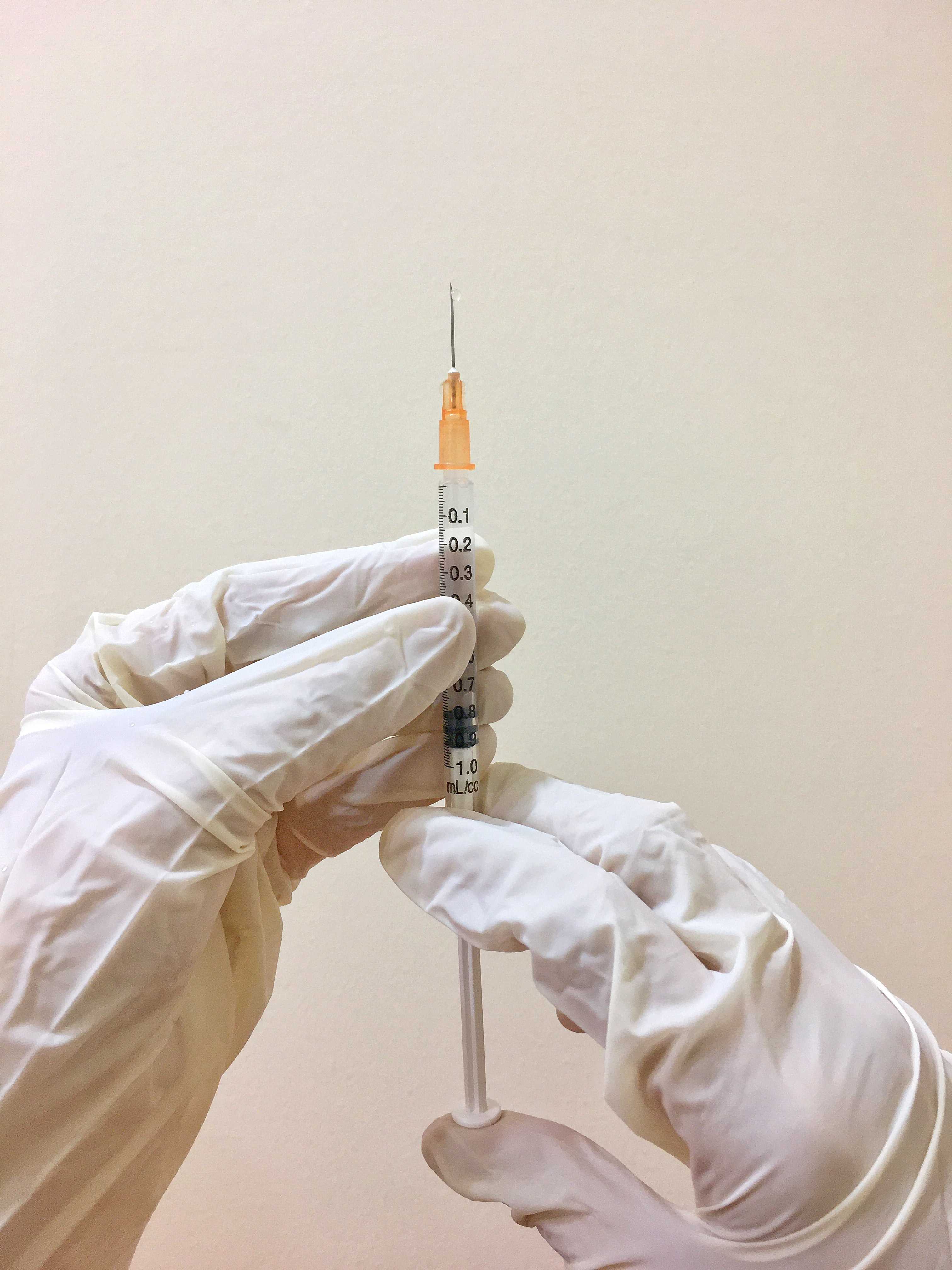April 28, 2024
10 Essential Vaccines for Your Baby's First Year
July 24, 2021

Photo credit Kristen Wook
Vaccination is one of the most important measures parents can take to protect their babies from serious and potentially life-threatening diseases. The first year of a baby's life is a crucial time for immunization, as it is when the baby is most vulnerable to various infections. Here are the 10 essential vaccines that your baby should receive during their first year of life.
-
BCG: BCG vaccine helps protect children against tuberculosis (TB), an infection that can cause disease in any part of the body but most often the lungs. TB disease in the lungs can cause symptoms like coughing and fever and can spread to another person by coughing, expelling the germ into the air. This vaccine protects babies and young children against serious forms of tuberculosis (TB) such as those spreading towards the brain (TB meningitis) and other parts of the body (Disseminated TB). BCG is given preferably 90 minutes after birth or at the baby’s first contact with the health center before turning one year old.
-
Hepatitis B: This vaccine protects against hepatitis B virus infection that can cause liver damage, liver cancer, and death. The first dose of the vaccine should be given within 24 hours of birth, with two more doses given over the next six months.
-
Rotavirus: Rotavirus is a common cause of severe diarrhea in young children. The rotavirus vaccine is given in two or three doses, depending on the brand, and is typically given orally starting at 6 weeks until 6 months of age.
-
Diphtheria, Tetanus, Pertussis (DTaP): This vaccine protects against diphtheria, tetanus, and pertussis (whooping cough). The first three doses are given at 6,10, and 14 weeks with a fourth dose given between 12 and 15 months and a fifth dose given between 4 and 6 years of age.
-
Haemophilus Influenzae Type B (Hib): This vaccine protects against Haemophilus influenzae type b, a bacteria that can cause severe infections, including meningitis and pneumonia. The Hib vaccine is typically given in three doses at 6,10, and 14 weeks of age.
-
Polio: Polio vaccine protects against the poliovirus, an infection that can cause paralysis and probable death. It has two forms: Oral Polio Vaccine (OPV), which can be given orally; or Inactivated Polio Vaccine (IPV), which is given via injection through the muscle. The first three doses are typically given at 6,10, and 14 weeks with the first booster given between 12 and 18 months, and a second booster given between 4 and 6 years of age.
-
Pneumococcal: This vaccine protects against pneumococcal disease, a serious bacterial infection that can cause lung infection (pneumonia) and may spread to the blood (sepsis) and brain (meningitis). The pneumococcal vaccine is typically given in three doses monthly starting at 6 weeks until 6 months old, with a booster shot given between 12 and 15 months.
-
Measles: This vaccine protects against measles, a viral infection that causes high fever, cough, red and itchy eyes, and red, flat skin rash which could potentially be severe as it can spread to the lungs (pneumonia) and brain (encephalitis), leading to death. Measles vaccine can be given alone at 9 months or in combination with mumps and rubella (MMR), which is typically given at 12 to 15 months, with a second dose given between 4 and 6 years of age.
-
Influenza: The flu vaccine is recommended for all babies over the age of 6 months and is given annually. Children aged 6 months to 8 years receiving influenza vaccine for the first time should receive 2 doses separated by at least 4 weeks. Babies under the age of 6 months are at a higher risk for severe illness and hospitalization if they get the flu, so it's important for those who care for them to get vaccinated as well.
-
Japanese encephalitis: This vaccine prevents Japanese encephalitis, a disease commonly found in Asia that spreads through mosquito bite which can cause fever, neck stiffness, seizure, coma and is potentially lethal. The vaccine is injected subcutaneously starting at 9 months of age followed by booster dose 1 to 2 years after the initial dose.
It is important to note that the vaccine schedule may vary based on your baby's individual health history and other factors. Be sure to talk to your baby's pediatrician about the best vaccine schedule for your baby.